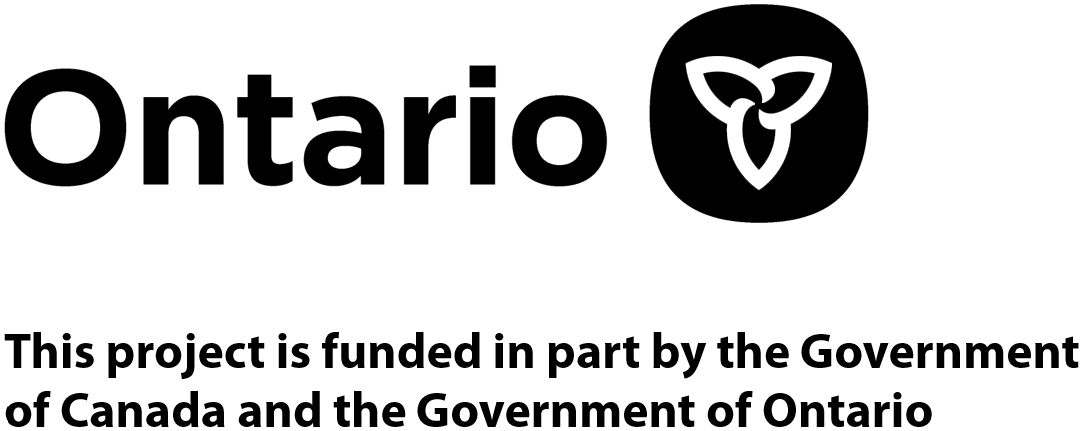PREPARING REFERENCES FOR JOBSEEKERS
Many employers require job applicants to provide references that speak to their skills and experience. In fact, a Society for Human Resource Management (SHRM) survey found that 87% of organizations conduct reference checks at the pre-employment level. Preparing a list of references ahead of time allows you to provide this information to employers without scrambling at the last minute.
WHAT IS A REFERENCE
A good reference is someone you’ve worked for, have a positive relationship with, and can speak to your work and skills.
- References can include: former employers or colleagues
- For jobseekers with little to no work experience, references can include: professors, teachers, coaches, academic advisors, supervisors from volunteer work, group or club leaders or members, or church members
- If you’re really stuck, ask for a character reference (such as an adult that has known you for quite some time)
SHOULD I INCLUDE REFERENCES ON MY RESUME?
The general consensus is to leave references off your resume. It’s standard for employers to request your references if they’re interested, with the understanding that you will have references prepared.
Listing references on your resume takes up room that you could be using to sell yourself, as does the “References available upon request” line. Focus on your experience and what you can bring to the company.
By not including your references on every resume you send out, you’re also respecting the privacy and time of your references. It’s a common courtesy to give your references a heads-up if there is a chance they may be contacted by one of your potential employers.
ASKING FOR AND MAINTAINING REFERENCES
- Employers want to contact people who can speak to your skills and abilities. Make sure you choose references that know enough about you.
- Let any potential references know you’re looking for a job and provide some information on the type of work you’re looking for.
- Ask your references for their preferred method of contact as well as the contact information they would like disclosed. If it has been a while since the last time you’ve applied for a position, check to see if the contact information and means of contact is still current.
- Keep three to four references on hand. If you connect with someone else that would be a good reference, feel free to update the list and perhaps even replace someone on your reference list if the new person is a better fit.
WHAT INFORMATION SHOULD I INCLUDE FROM MY REFERENCES?
Reference Name
Reference Relationship
Company Name
Company Address
Reference Phone Number
Reference Email
HOW SHOULD I PROVIDE MY REFERENCES?
When an employer is interested and would like to follow-up on your application, they will call or email you for references. You should have these references prepared ahead of time.
Feel free to bring a sheet of paper listing your references to an in-person interview. If the hiring team asks you for references, you’ll be able to provide them immediately.
NOTIFYING YOUR REFERENCES
Always let your references know they should be expecting a call or email for a reference check so they know to make themselves available. Tell them the company name and job title as well as a bit about the company and the position you’ve applied to. There might be something relevant you’d like them to highlight in their conversation with your potential employer.
MAINTAINING YOUR REFERENCES
Social media is a great way of re-connecting with people that you would like to ask for a reference. It’s helpful for checking in with your references with touch-points. Even if it’s a “like” on LinkedIn or Facebook, it allows you to keep an open line of communication. Ask how they’re doing and what they have been up to and build from there. Keep your references updated on your job search and any new skills you’ve learned. Your reference may also know of an open position that would be a good fit for you.
Remember to thank your references and keep them updated on your job search. If you get an interview, land the job, or if you’re turned down for a job, let your references know.
If possible, maintain a positive relationship with former employers. Even if you’re unhappy in your current role and find yourself having differences with your boss, keep things professional. You never know when you’ll need to rely on them for a reference.
For additional resume writing resources, visit our Resume Help page.
Have any questions or any additional tips? Please contact: info@workforcewindsoressex.com.

